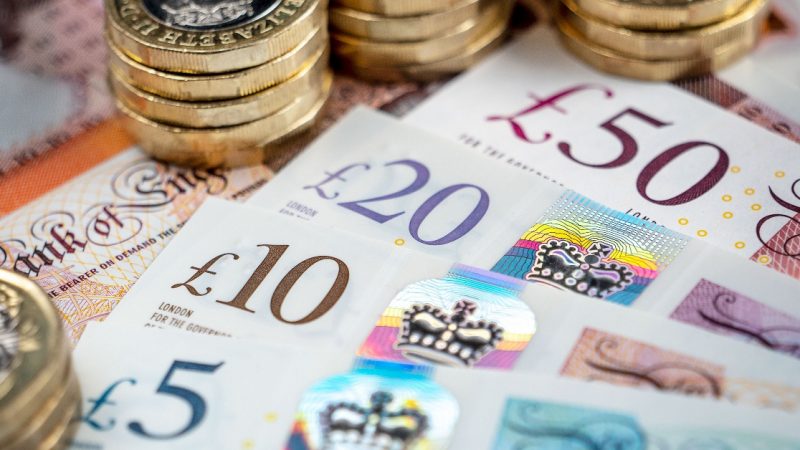Research unveils how inflation is hitting those on the lowest incomes the hardest.

Analysis by Retail Economics, independent economic researchers, confirms the inequitable consequences of inflation.
While the poorest families are £40 worse off a month, the wealthiest 20 percent of households now pocket an additional £36 a month in discretionary income compared to the previous year. The analysis found that in December, the richest households are enjoying record earnings, which is offsetting the rising cost of living.
The findings were reported in the Guardian. They show the varying impact of inflation based on income scale. For those on the lowest incomes, the rate of inflation is at around 16.5 percent. These households typically spend two-thirds of their income on living essentials like energy and food. Meanwhile, for the most affluent 20 percent, inflation stands at 13.3 percent.
Richard Lim, the chief executive of Retail Economics, spoke of the uneven impact of inflation across the affluence groups, and how the wealthiest are seeing “their discretionary spending power rise on the back of record earnings growth, while the least affluent see their spare cash eroded by inflation.”
“This will play out differently across the market with many trading down, delaying expenditure where possible and cancelling some purchases altogether. Meanwhile, luxury spending is likely to remain more isolated from the impact, leaving mid-tier retailers particularly exposed,” said Lim.
The study follows earlier research which found two-thirds of consumers in Britain plan to cut non-essentials in 2023. A study by the accountancy firm KPMG also highlighted the uneven impact of inflation. It found that one in ten adults had no savings. Of those with savings, 43 percent surveyed said they were using their savings to assist with meeting essential living costs. This figure rose to 80 percent among some low-income household groups, indicating the disproportionate impact of the impact of inflation on poorer households.
Linda Ellett, UK head of consumer markets, retail and leisure at KPMG, said: “Current essential costs, fears of how high they’ll rise – including concerns about mortgage rate and energy price changes next year – are all factors in why two-thirds of consumers that we surveyed said they have to reduce their non-essential spending in 2023.”
Gabrielle Pickard-Whitehead is a contributing editor to Left Foot Forward
To reach hundreds of thousands of new readers we need to grow our donor base substantially.
That's why in 2024, we are seeking to generate 150 additional regular donors to support Left Foot Forward's work.
We still need another 117 people to donate to hit the target. You can help. Donate today.



